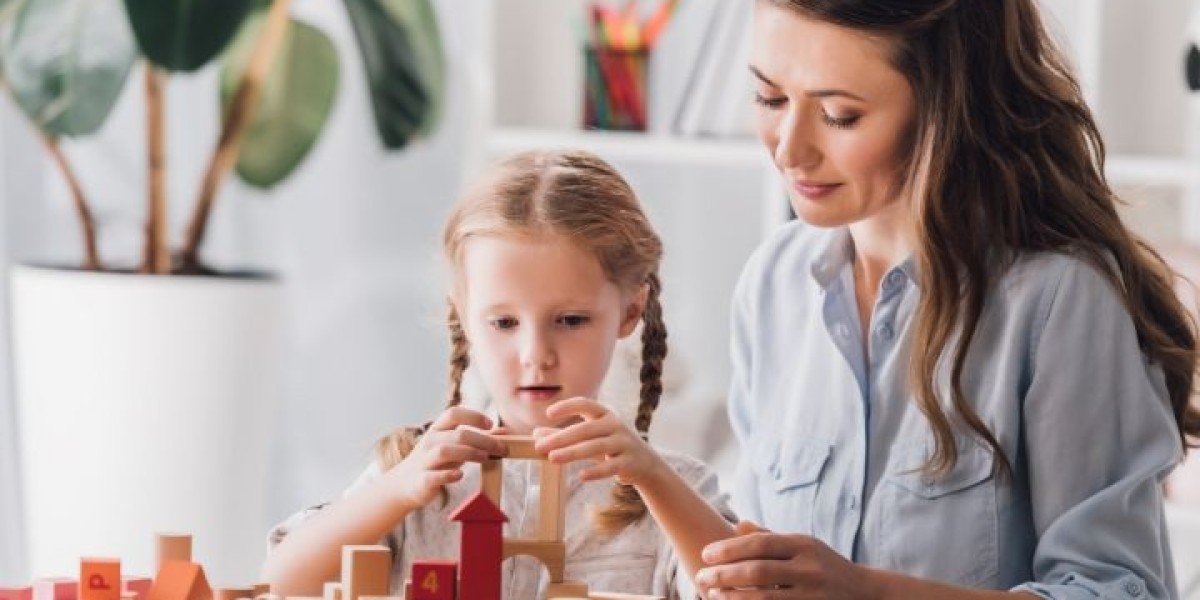Helping children stay focused and manage their impulses can be challenging, especially in today’s fast-paced, distraction-filled world. For some families, working with an ADHD therapist can provide valuable tools and guidance. Still, there are also simple and effective strategies that parents can use at home to support better concentration and self-regulation.
When children learn to focus their attention and control their emotions, they become more confident learners and better equipped to handle everyday challenges. These skills not only support academic success but also build resilience and emotional balance.
1. Create Structure and Predictability
Children thrive in environments where routines are clear and consistent. Establishing a daily schedule helps them understand what to expect and reduces anxiety around transitions. Use visual charts, calendars, or simple checklists to outline morning and bedtime routines.
Predictability allows children to focus better because they’re not constantly wondering what comes next. Over time, this structure becomes second nature, encouraging independence and smoother daily transitions.
2. Break Tasks into Manageable Steps
Many children struggle to maintain focus on lengthy or complex tasks. Breaking activities into smaller, more achievable steps helps prevent frustration and keeps motivation high.
For example, instead of asking a child to clean their entire room, guide them to start with one area, such as putting toys away first. Short, specific goals provide a sense of accomplishment, encouraging persistence and self-discipline.
An ADHD therapist often uses this approach to help children build focus gradually through achievable milestones. Parents can mirror this technique at home for everyday tasks and schoolwork.
3. Incorporate Movement Breaks
Physical activity plays a significant role in improving concentration and emotional regulation. Short bursts of movement—such as stretching, jumping jacks, or a quick walk—can help release energy and refocus attention.
Movement breaks between homework sessions or chores allow children to reset and return to the task with renewed focus. Activities such as yoga or balance exercises can also help build body awareness and control, which in turn translates into improved self-regulation.
4. Teach Emotional Awareness
Self-control begins with understanding emotions. Encourage children to recognise their feelings by naming them—happy, frustrated, excited, or upset—and discussing what caused them. This helps children pause and think before reacting.
You can use stories, drawings, or role-play to teach emotional awareness in a fun and engaging way. By normalising discussions about emotions, children learn to identify triggers and manage them more effectively.
5. Celebrate Effort, Not Just Results
Positive reinforcement is a powerful motivator. Instead of focusing solely on outcomes, celebrate effort, persistence, and the progress made. Simple praise, high-fives, or small rewards reinforce good habits and help children internalise the value of self-control.
Consistency is key. The more children see that their effort is recognised, the more motivated they become to stay focused and try their best—even when things get tough.
Final Thought
Building focus and self-control in children is a gradual process that requires patience, structure, and consistent support. Through predictable routines, manageable tasks, movement, emotional awareness, and positive reinforcement, children can strengthen their ability to concentrate and manage impulses. With encouragement from parents and, when needed, professional guidance from an ADHD therapist, every child can develop the focus, confidence, and self-control they need to thrive in school and beyond.






